MercoPress. South Atlantic News Agency
Uruguay
-
Friday, December 4th 2015 - 04:44 UTC
UK embassy sponsors three workshops in Uruguay on science and innovation

The British Embassy, the British Council and Uruguayan National Research and Innovation Agency (ANII) have announced the three workshops selected under the recent Researcher Links call for proposals, part of the Embassy’s cooperation funding for science and innovation in Uruguay.
-
Thursday, December 3rd 2015 - 08:11 UTC
Macri names ambassadors to Washington and Montevideo
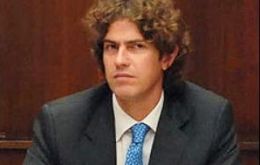
President-elect Mauricio Macri named ambassador to Washington and Montevideo. Lawmaker Martín Lousteau will be Argentina's next ambassador in the US. He will replace Cecilia Nahón, who submitted her resignation on Monday. The appointment was decided after a meeting Lousteau held with the new cabinet chief Marcos Peña and the future Foreign Affairs Minister Susana Malcorra, a Let’s Change statement affirmed.
-
Thursday, December 3rd 2015 - 07:55 UTC
Total contracts Maersk drillship to spud well offshore Uruguay next March

Maersk Drilling has been awarded a contract for the drillship Maersk Venturer with oil major France's Total. The contract covers one exploration well (estimated duration 120 days) in block 14 offshore Uruguay.
-
Wednesday, November 25th 2015 - 07:35 UTC
Mujica wishes Argentina and Macri 'the best', but has fears about 'institutional stability'
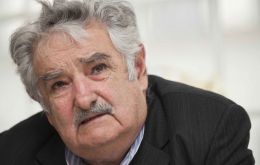
Two days after Mauricio Macri's victory in Argentina, Uruguay's former president Jose Mujica wished Argentina “the best” with its new government, but also expressed fear about the 'institutional stability' of the country.
-
Monday, November 16th 2015 - 07:10 UTC
Uruguay's ruling Broad Front coalition divided over Venezuela
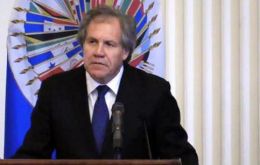
The strong 16 pages long letter sent by OAS (Organization of American States) secretary general Luis Almagro to Venezuelan electoral officials calling for transparency, international observers and freeing political prisoners, ahead of December 6 legislative elections, triggered an immediate furious insulting reaction from Venezuela's strongman Diosdado Cabello, but also again exposed a growing rift in the Uruguayan government.
-
Friday, November 13th 2015 - 08:09 UTC
Argentina the 'main obstacle' in reaching a trade accord with the EU, claims Uruguay
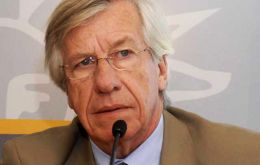
It's a fact, Argentina is the 'main obstacle' for Mercosur to advance in reaching a trade agreement with the European Union, and Venezuela, the latest incorporation to the group, is also hindering efforts, revealed Uruguay's Economy minister Danilo Astori during a conference on the country's investment prospects.
-
Wednesday, November 11th 2015 - 07:35 UTC
Uruguay hopeful of a more 'flexible' Argentina whoever wins on 22 November
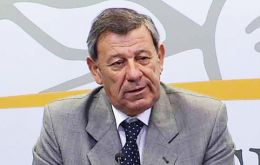
The Uruguayan government is hopeful that with president Cristina Fernandez no longer at the helm of Argentina, as of 10 December, a more flexible attitude can be expected from the newly elected authorities, particularly regarding Uruguay's intention of signing trade agreements with third parties, if Mercosur is not interested in such commitment.
-
Thursday, November 5th 2015 - 06:51 UTC
Cruise season 2015/16 in Uruguay takes off 6 November; 170 calls expected
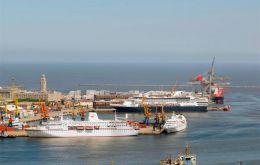
Uruguayan Tourism ministry officials announced that the country expects 170 calls from cruise vessels this coming season which is scheduled to begin 6 November and extend until 10 April 2016.
-
Wednesday, November 4th 2015 - 08:18 UTC
Mercosur summit on 21 December; Uruguay takes the helm for next six months
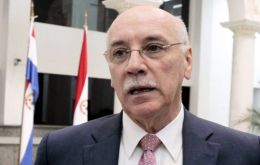
Mercosur heads of state next summit is scheduled for 21 December in Asunción, Paraguay, the country currently holding the group's chair. At the meeting the six-month rotating chair will be handed to Uruguay for the first half of 2016.
-
Friday, October 30th 2015 - 05:52 UTC
Uruguayan president helps revive young passenger in a flight to Paris

Uruguayan President Tabaré Vázquez put his old profession as physician to use helping revive a young French allergic woman on a flight to Paris, according to a report on the Montevideo weekly Busqueda. The incident occurred last Monday.
